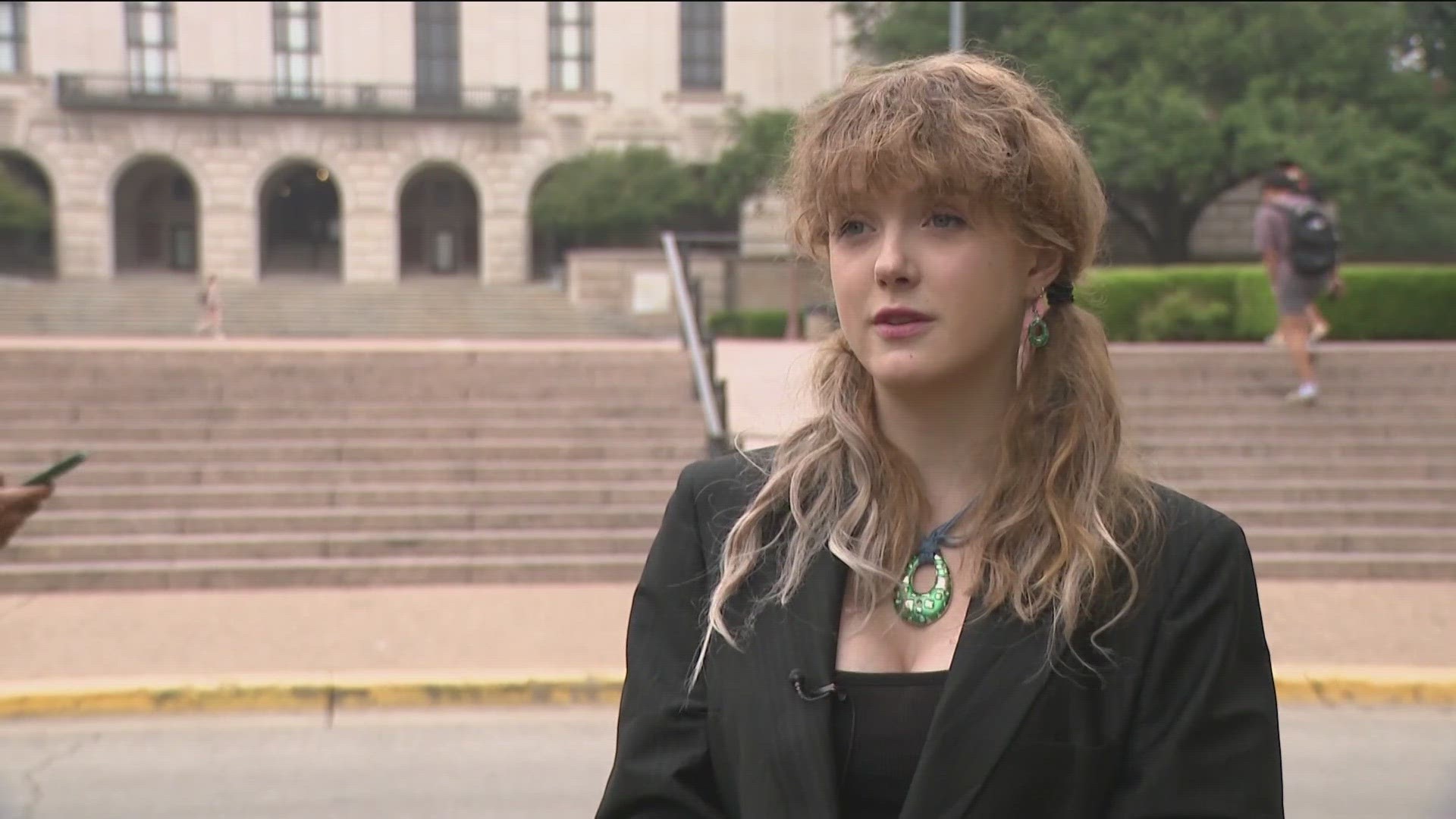After his mother’s death, Ken Moraif had to unravel her finances. Millions of Americans each year face a similar task, but he had a unique challenge — he had to crack a code.
His mother had detailed her financial accounts in a notebook, but each password was written in code, and clues for deciphering the passwords were written in code. Sorting through his mother’s estate took more than a year, he says.
This level of security was fitting for his mother, a former Morse code operator in the Royal Air Force during World War II. She was “very secretive” about her financial information — even with her son, a certified financial planner at Money Matters in Plano, Texas. “That’s a level of paranoia most people don’t have,” Moraif says.
While Moraif’s experience is extreme, dealing with finances after a person dies adds another level of stress to an already stressful time. These eight steps can ease the process:
1. Don’t make emotional decisions
The first advice Moraif gives clients who’ve had a death in the family: Don’t rush into anything. Under emotional stress, people may make rash decisions they later regret.
Someone who loses a spouse may hastily choose to move in with a child or sell their home, or may fall victim to nefarious salespeople. “Don’t make wholesale changes with your investments until you’re emotionally ready to do so,” says Moraif, who recommends clients wait six months to act.
2. Ask for help
If your family member had a financial advisor, this should be a primary point of contact. This person can handle finances — including tracking down accounts or coordinating with estate attorneys — while you deal with your emotions, says Stephanie Sandle, a certified financial planner at MAI Capital Management in Cleveland. Even though she’s helped clients after a loved one’s death, she says that she didn’t fully appreciate all of the emotion and stress until she experienced it firsthand.
No financial advisor? Enlist help from other family members. “Don’t try to do everything yourself,” Sandle says.
3. Get multiple copies of the death certificate
Be sure to request copies of the death certificate, generally from the funeral home handling arrangements. Ask for help estimating how many and the type you’ll need — certified, long or short form, etc. — because people often underestimate. Moraif recommends ordering at least 20, because you’ll need them for financial institutions, insurance providers and other companies.
4. Call the employer
If the individual was still working, call the human resources department to notify the employer. Ask whether benefits coverage will continue for family members, whether there’s a life insurance policy and the name of the company that administers the retirement plan.
5. Locate the original will and trust
If the decedent had a will or trust (or both), these documents serve as the guide for many financial decisions to come. A legal process, known as probate, will likely ensue for distributing property and assets, unless the estate is small or the trust is all-encompassing.
“This process is kind of daunting if you’re not aware of how it works,” Sandle says. She recommends working with a financial advisor if you have one or a probate attorney if you do face probate court, because it can be a long and expensive process.
If you’re named executor of the estate, keep track of expenses related to the family member’s death (including final medical bills). You may need this information when you file the person’s final tax return, Sandle says.
6. Gather necessary financial documents
You’ll need to track down all the decedent’s accounts. Any preparation the person did will be helpful, but some accounts may have been overlooked. The process is not unlike being a detective, Moraif says. Plan to sort through the person’s mail for at least three months to find missing information, including non-recurring bills, he says.
This list of possible documents isn’t exhaustive, but it serves as a starting place:
- Bank and investment accounts
- Retirement accounts
- Mortgage and other loan statements
- Insurance policies
- Tax returns
- Bills — including services, utilities, credit cards, property taxes
7. Prepare to file tax returns
In the next year, you must prepare a final tax return for the decedent, so collect all information that will make that process easier. In addition, you may need to file an estate tax return if the estate is more than $11.2 million.
8. Use this as a learning experience
Many people don’t think about what they’ll leave behind when they die. But if you’ve had to sort out someone else’s finances, you’ll appreciate how arduous the process is.
“No one wants to think about dying, but if you talk about it in advance and have a plan in place, it’s so much easier on the survivors,” Sandle says.
The article How to Resolve Finances After a Death originally appeared on NerdWallet.


